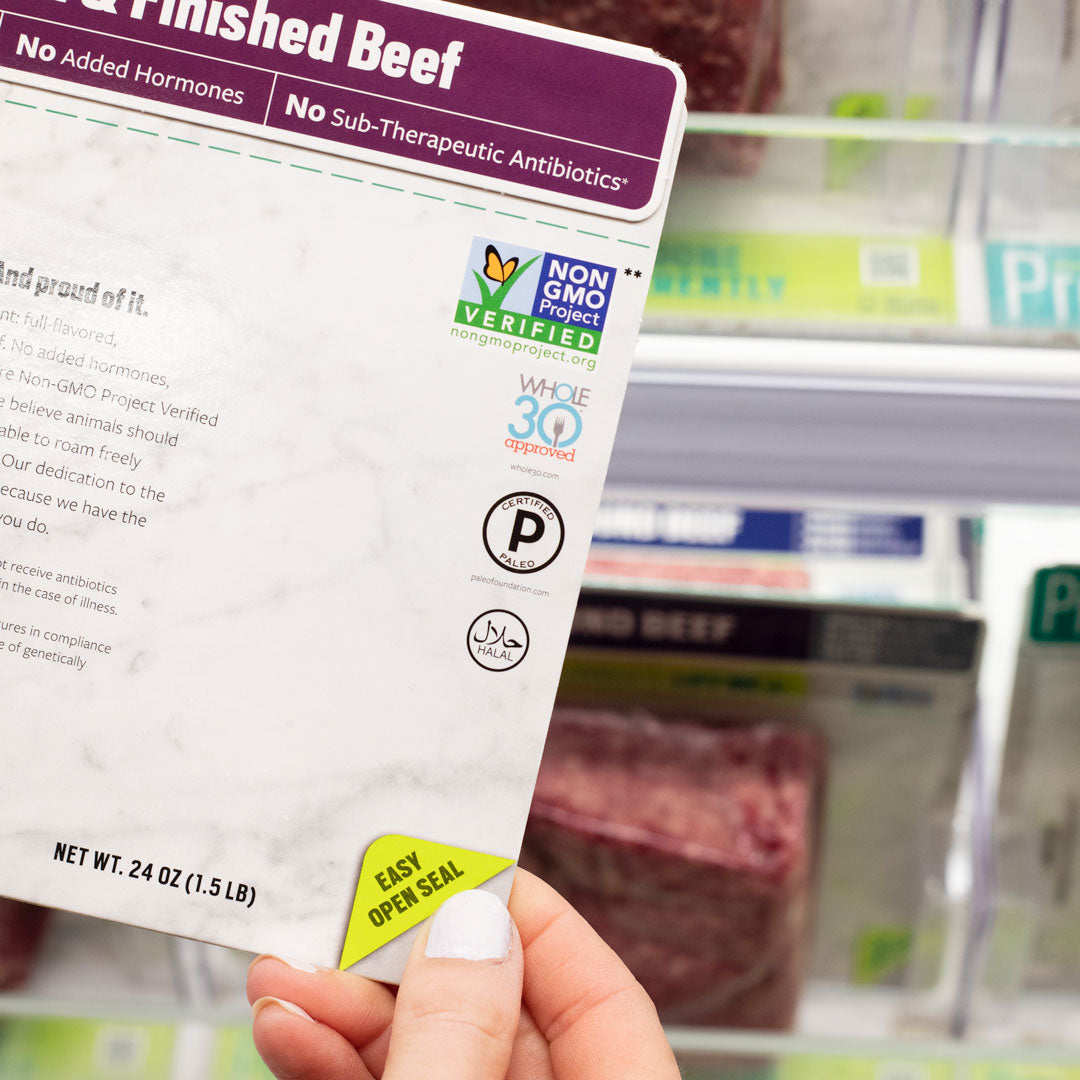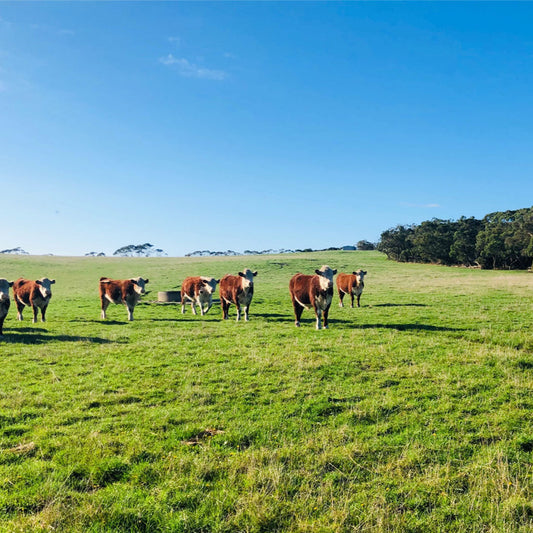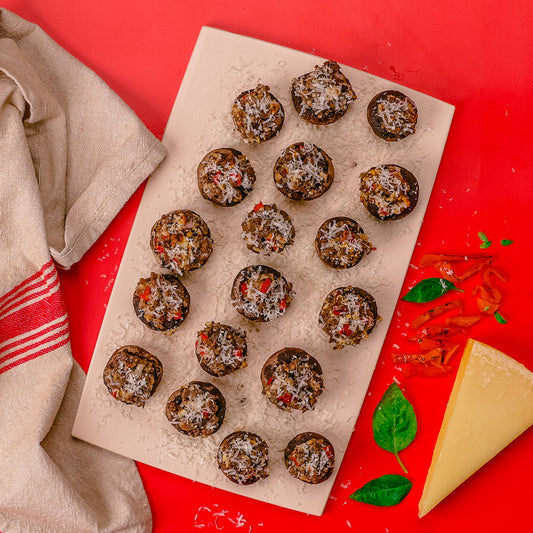
What is a GMO?
Pre is Non-GMO Project Verified, but have you ever wondered what that really means?
There are plenty of claims out there on food labels nowadays, so many that we even made this video, all about the confusing meat labeling claims. As you shop for groceries in-store, healthier and more trustworthy options might be at the top of your list. So it is important to know what is actually in your food. What is a GMO?
So let's dive into one of the claims on our package that we are very proud to carry, Non-GMO Project Certified. This is the butterfly and grass icon in the upper right hand corner. "GMO" stands for Genetically Modified Organism. It is referring to plants, animals, or other organisms that are altered unnaturally, or changed in ways that do not occur naturally. Having the label on our beef means that the cattle we source were not fed a diet containing genetically engineered crops.
GMOs are not "added" directly into beef, they can be in beef because of the feed the cattle graze on. All cattle who graze on pasture for their entire lives, however, are Non-GMO because grass does not contain genetically modified organisms. Animals that are fed grain, which could contain corn or soybeans, are often genetically modified hybrids and varieties. Sometimes cattle is given alfalfa hay, which is another crop that is genetically modified. The beef from cattle who eat these diets are not considered Non-GMO.
The majority of genetically engineered crop acres in North America are used for animal feed. According to the USDA’s last agriculture census1, 60% of all cropland is used for three crops: corn, soy and forage. More than half of that corn and soy is used for animal feed, and almost all of it is GMO. According to the USDA Economic Research Service2, 92% of U.S. corn harvested in 2016 was genetically engineered, as was 94% of the soy. With the introduction of genetically engineered alfalfa in 2010, forage acres are also increasingly at risk for being GMO.
Read more: Living Non-GMO with Clean Beef

Why non-GMO feed is important
Here's the thing, GMO feed doesn't just affect your dinner. It affects the eco-system as a whole. GMOs are engineered for 1 or 2 main attributes and sometimes both. The first is herbicide tolerance. This means a plant can be directly sprayed with round-up or an equivalent and survive. The second is insecticide production. A plant produces the Bt (Bacillus thuringiensis) toxin, which means any insect that eats any part of the plant will die. When we are considering sustainability for our environment and food system, these abnormalities could have a serious impact on our environment.

Does Pre’s sourcing impact GMO status?
Pre sources from New Zealand, South Australia and Tasmania.
No genetically modified crops are grown commercially in New Zealand. No fresh fruit, vegetables or meat sold in New Zealand is genetically modified. The cultivation of GM food crops is prohibited in South Australia, under the Genetically Modified Crops Management Regulations 2008, which were made under the Genetically Modified Crops Management Act 2004. The ban was recently extended to 2025. In addition, Tasmania (considered an island state of Australia) has extended indefinitely the state’s moratorium on genetically modified crops and animals.

Getting Pre Non-GMO Project Verified
Pre worked with a third party certifying body and provided full and complete documentation about how and where we source our beef in order to claim “Non-GMO Project Verified. The third parties who certify are unbiased, rigorous and transparent. Only once the third-party agency was satisfied with our documentation, were we able to say our beef is Non-GMO Project Verified.
Questions? Please ask! Send us a note: ReachUs@eatpre.com.
References:
- Total acres and cropland statistics based on 2012 Census of Agriculture, USDA, National Agriculture Statistics Service.
- GMO percentages from the USDA Economic Research Service, 2016.


